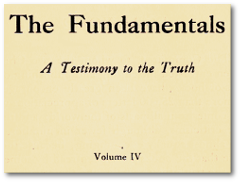O Zion Haste
One Sunday, when I was five, I walked into the sanctuary of our small, conservative church, and there, stretched across the back of the last pew, was the skin of an African python. Our speaker for the morning was a missionary from the Central African Republic, and by the end of the service, I was certain that my future included living in a hut, facing down autocratic tribal chiefs, establishing medical clinics and schools, and rescuing orphans from dark, pagan traditions.
I grew up in the foothills of the Appalachian Mountains in a region dotted by dilapidated family farms and former coal towns. We are the second poorest county in the state and the most exotic animal we ever saw was the occasional bear or mountain lion. But within the church I discovered the world.
I met women like Amy Carmichael and Mary Slessor and learned that the measure of womanhood was not your relationship status or professional accomplishments, but whether you lived your life in service of God and others. In elementary school, I knew the flags of over thirty nations—not because of the Olympics but because we hung them from the ceiling every year during our missions conference week. I became versed in Cold War politics when for two summers we sent our VBS nickels and dimes to the underground church in the Soviet Union.
The story of Christian missions is a complicated one. When I was young, it was all about adventure and holy passion and converting cannibals. As I grew older, I discovered that mission efforts often ran parallel to and sometimes intersected the darker story of western colonization. I read Achebe and Paton and Forster and had to face the reality that when David Livingston was taking the gospel to free souls in the interior of Africa, the United States was embroiled in a civil war to keep their cousins enslaved.



 This sermon outline continues a
This sermon outline continues a  [node:22019 collapsed body]
[node:22019 collapsed body] Republished, with permission, from
Republished, with permission, from 


Discussion